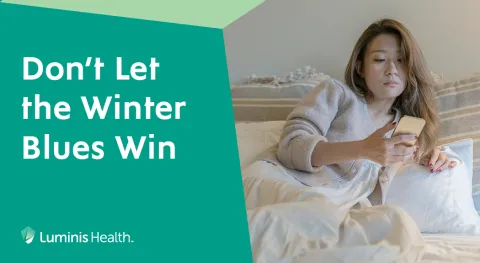When you're devoted to someone who abuses you, it can be confusing, terrifying and heartbreaking. You may always be on edge, unsure whether to expect a loving gesture, a harsh criticism or physical violence from someone who used to be kind.
Many people who experience domestic abuse blame themselves or feel embarrassed, ashamed and alone.
If you're abused, it's important to know it isn't your fault, and you aren't alone. Domestic violence is a serious health problem, and you can get help.




